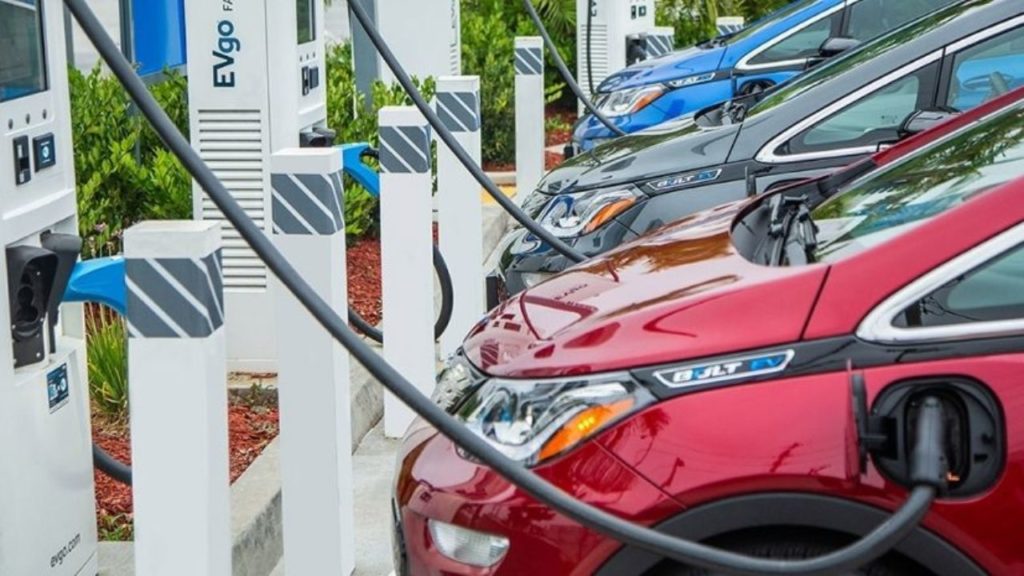Rs 9000 Crore Push For Battery Infrastructure In India: Reliance, Mahindra, Hyundai Global Motors Place Bids (Full Details)

Reliance, Hyundai Global Motors and Mahindra & Mahindra are some of the companies that have submitted bids under the country’s $2.4 billion battery scheme.
India had finalised an incentive program last year which would incentivise companies investing in local manufacturing of batteries.
Contents
About The Scheme
Called the ‘National Programme on Advanced Chemistry Cell (ACC) Battery Storage’ , it provides incentives worth ?18000 crore.
ACCs refers to the latest generation of advanced storage technologies that can store electric energy either as electrochemical or as chemical energy.
It can then convert it back to electric energy as and when required.
The Production-Linked Incentive (PLI) Scheme was approved by the Union Cabinet in May 2021 which aims to achieve a manufacturing capacity of 50 GigaWatt Hour (GWh) of ACC and five GWh of niche ACC.
Selection And Eligibility
ACC battery storage manufacturers will be selected through a competitive bidding process.
To be eligible for incentives, companies must set up at least 5 Gwh of storage capacity and meet local content conditions, all of which would require a minimum investment of over $850 million.
The manufacturing facility would have to be commissioned within two years, and the incentive will be disbursed thereafter over a period of five years.
Purpose Of The Scheme
The scheme is an effort to set up a domestic supply chain for clean transport and build storage for renewable energy.
Clean auto tech will also help India cut pollution in major cities and curb its oil dependence.
India seeks to establish a total of 50 gigawatt hours (Gwh) of battery storage capacity over five years.
It expects to attract direct investment of about $6 billion.
Global Players Also Invited
10 companies have submitted bids totalling close to 100 Gwh so far.
Ola Electric, Larsen & Toubro, and battery makers Amara Raja and Exide have also evinced interest.
India is also encouraging global players such as Tesla, Samsung, LG Energy, Northvolt and Panasonic to set up shop in the country.
Promoting EVs To Reduce Battery Costs
Electric vehicles (EVs) still account for only a fraction of total sales mainly due to their high price from imported batteries.
It is targeting EVs to comrpise 30% of private car sales by 2030 and for electric two wheelers to make up 40% of such sales.
This would drive demand for batteries which currently takes up 35% to 40% of the total vehicle cost.
Staying One Step Ahead
India wants to be ahead of the curve when it comes to battery technologies, seeing as the dominant battery technologies will control some of the world’s largest growth sectors.
Major battery consuming sectors such as consumer electronics, electric vehicles, advanced electricity grids, solar rooftop etc are expected to achieve robust growth in the coming years.

Comments are closed, but trackbacks and pingbacks are open.